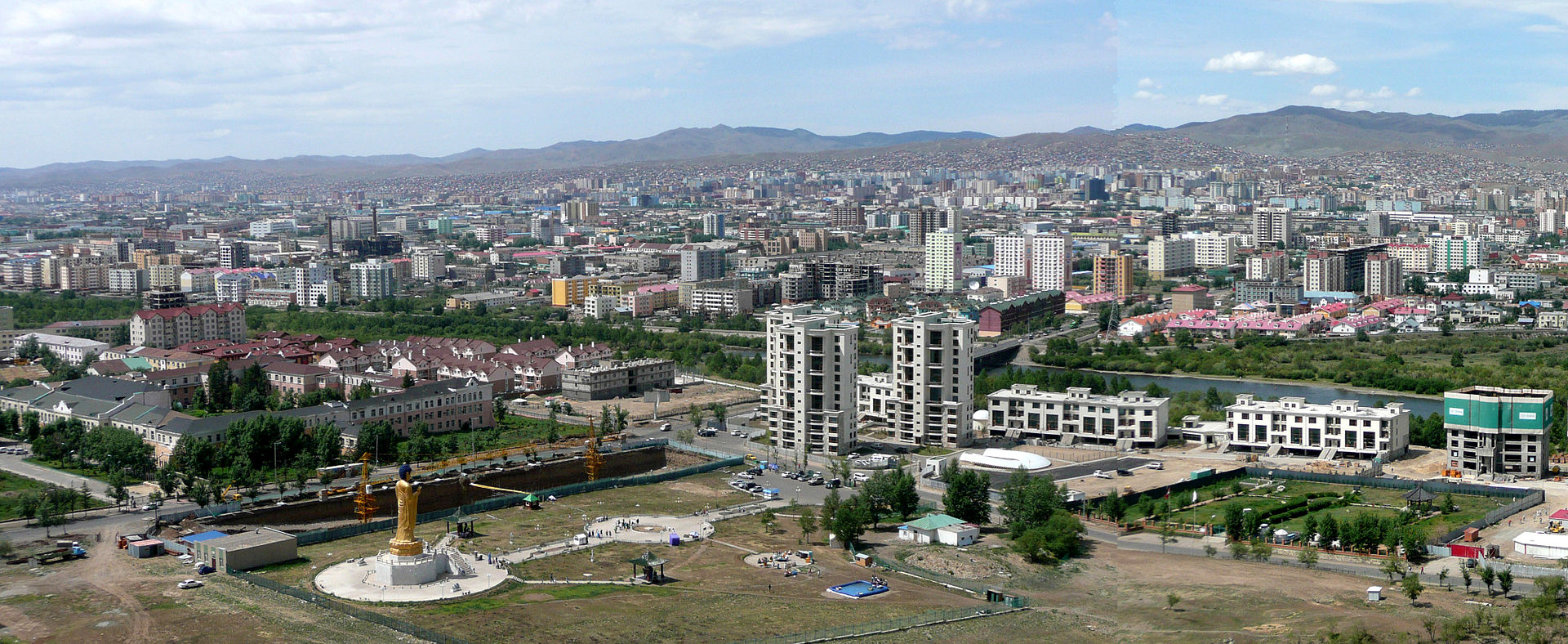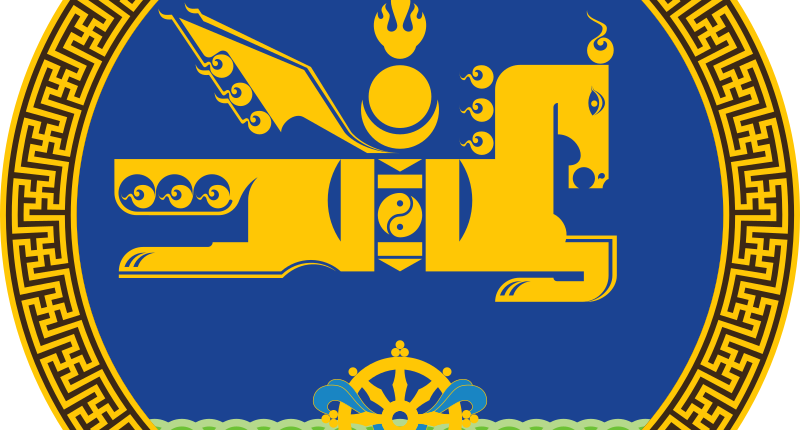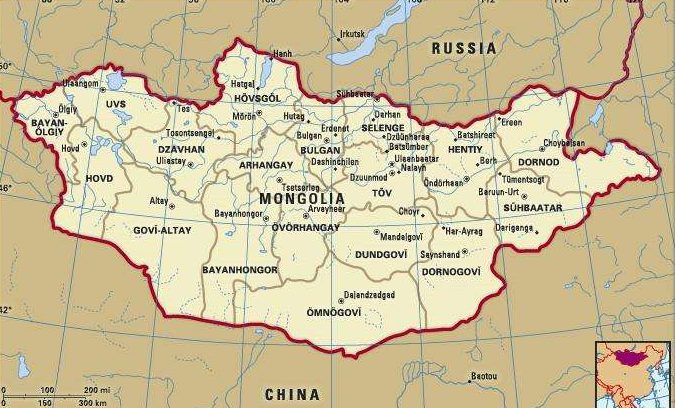On August 26th, the Education Administration of Inner Mongolia released a new
version of the Primary School and Secondary School Teaching Plan, which indicated
the original Mongolian taught politics, history, and language classes would be wholly
taught in Mandarin within three years.
The announcement immediately sparked massive discontentment across the Inner Mongolia Autonomous Region.
Hundreds of thousands of students and parents went onto the streets to demand the right to use their native language.

As tensions increased, Chinese officials blocked all related information and news reports in China itself.
Inner Mongolia has long been considered the home of the most successfully assimilated minorities in China; so, why are the people so irate this time?
History: The Inner Mongolia Autonomous Region
Before the Chinese Communist Party (CCP) took control of China, they purposely had the (Japanese) military-trained Mongolian soldiers fight against the nationalist Kuomintang.
In exchange, in 1947, the Inner Mongolia Autonomous Region was founded, and the
CCP promised to give the people of the region the right to self-determination.
However, soon after the CCP occupied Inner Mongolia, ‘Chairman Mao’ and his cronies disbanded all core military power in the region to reduce any future possible threat toward the Communist Party.

In the following years, Chinese officials have strengthened their assimilation policy by encouraging more Han people to immigrate to the region.
At the same time, massive persecution of Mongolian dissidents took place during the so-called Cultural Revolution.
As a result, today only 17% of the population of Inner Mongolia identify themselves as
Mongolians, of a total population twice that of the independent nation of Mongolia.
China’s Challenge in Inner Mongolia
To this end Mongolian minorities consider themselves responsible for the protection of their culture.
After the dissolution of military power and the persecution of Mongolian elites, the only remaining tradition of the people of the region is the unique Mongolian language.
The language is worth protection for many reasons, not least because it is the only written language in the world ‘only’ penned vertically.
For decades, Inner Mongolian students have not started learning Mandarin until the second year of primary school, and teachers can teach Mandarin by using the Mongolian language.
However, since the new policy will now force students to start Mandarin lessons from first grade, it could make the Mongolian language and remaining culture fade within a few short decades.
Thus, the Mongolian people are now willing to risk their lives on the street against the Chinese authorities to protect their linguistic traditions.
CCP’s Reaction: The Domestic Crisis
In response, the Chinese authorities have heightened security in the region by arresting
protesters, and arranging visits such as that of the nation’s Minister of Public Security to the area.
The CCP has always emphasized loyalty to the party.
However, from the long-lasting Tibetan and Xinjiang standoffs to the more recent protests in Hong Kong and rising tensions across the Taiwan Strait, disagreement on China’s minority policy has become an assignable problem.
China in the second half of 2020, is not only facing a considerable challenge among its minority peoples, but is also being squeezed into a bottleneck vis-a-vis its one-party dictatorship rule.











Comments are closed.